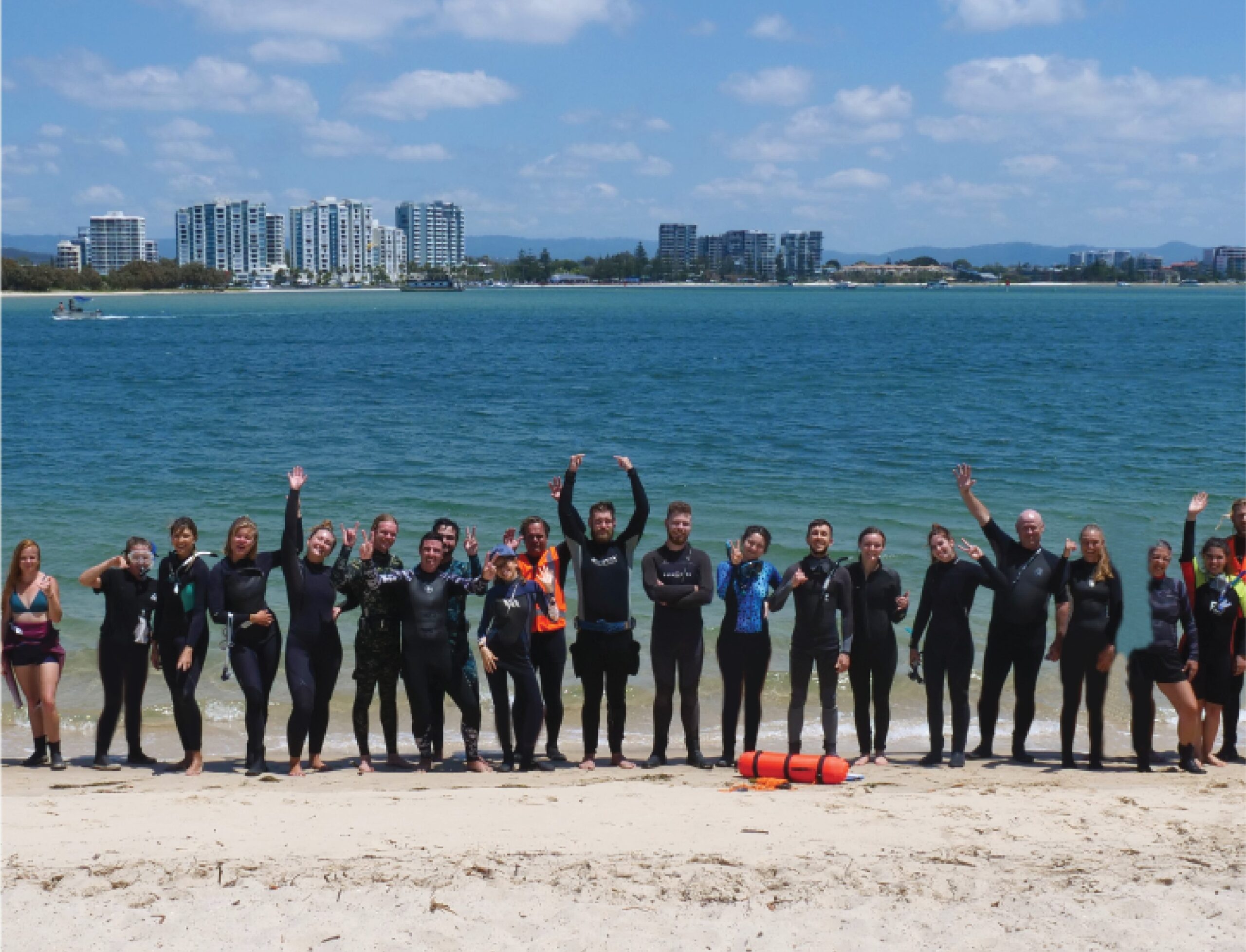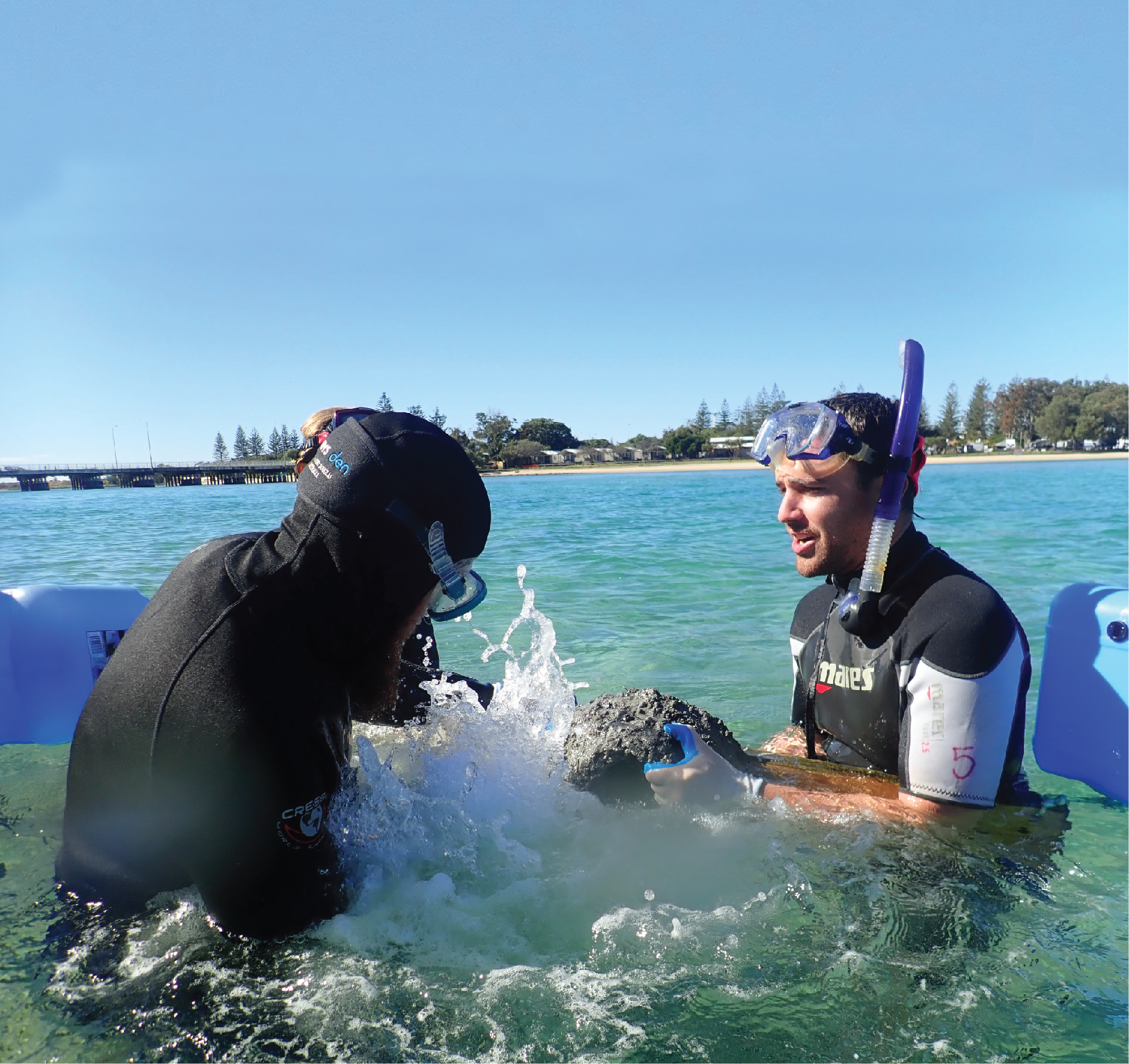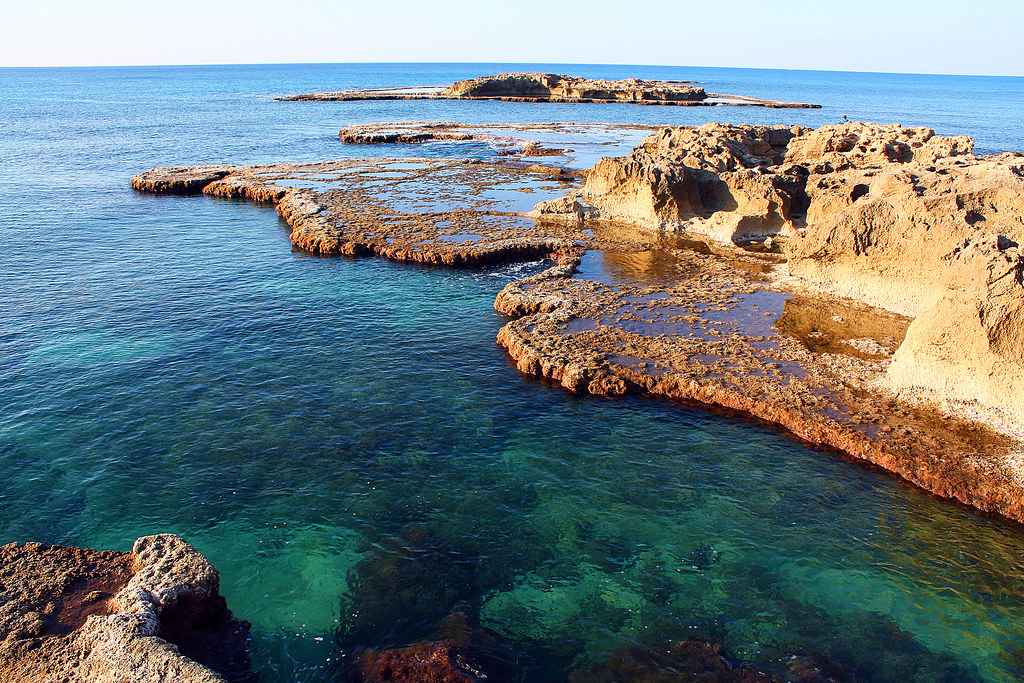تشغيل الفيديو

بحر مثالي الحفاظ على واستعادة البيئة البحرية
Change the tide, ride the waves, dive into Perfect Sea
The Perfect Sea Association is a transformative initiative dedicated to conserving and restoring the marine environment in the Eastern Mediterranean Sea. Over the years, human activities, climate change, and invasive species have severely impacted the delicate marine ecosystems, endangering the unique biodiversity of this vital sea.
At "Perfect Sea," we firmly believe that effective marine conservation can only be achieved through a holistic approach that encompasses environmental sustainability, social empowerment, and community engagement.
Our mission is not only to rehabilitate marine habitats but also to uplift disadvantaged communities in the region by providing them with meaningful employment opportunities in marine conservation.


Donate to
Perfect Sea
Donate to Perfect sea and help preserve the delicate marine ecosystems of the Eastern Mediterranean. Your contribution supports environmental sustainability, empowers communities, and provides meaningful employment in marine restoration. Together, we can create a brighter future for the region and its unique biodiversity.
Coral Conservation and Restoration
The Great Barrier Reef generates more than 1.5 billion dollars every year, for Australian economy, from fishing and tourism. The study of coral reefs is important for providing a clear, scientifically-testable record of climatic events over the past million years or so. This includes records of recent major storms and human impacts that are recorded by the changes in coral growth patterns.
The Great Barrier Reef Plan in Action
The Great Barrier Reef is one of the natural wonders of the world and a significant part of Australia’s national identity. It is also one of the best managed marine ecosystems in the world and we plan to keep it that way through strong legislative protection and targeted investment by the Australian and Queensland governments. This investment is projected to be more than $A2 billion in the next decade.
